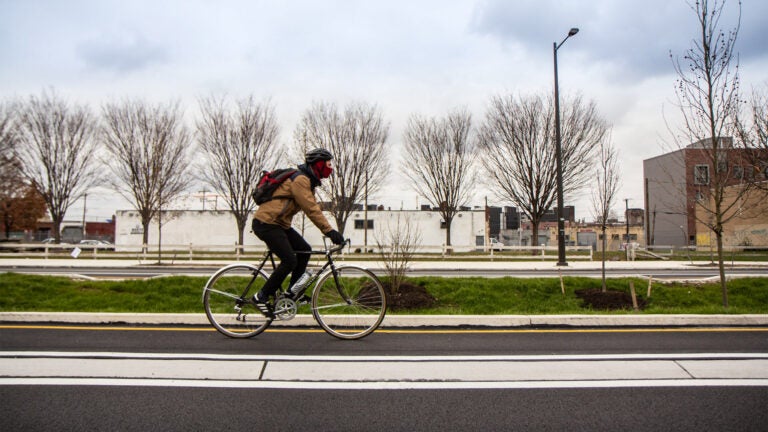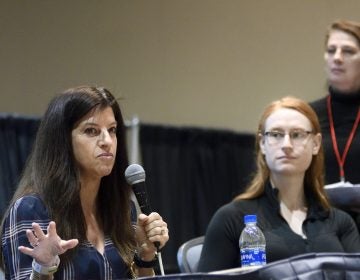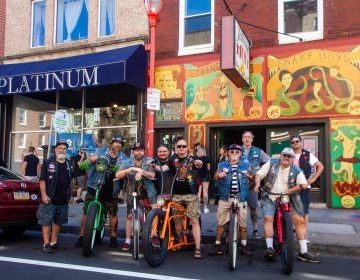‘Two Wheels Good: The History and Mystery of the Bicycle’
Jody Rosen, author of "Two Wheels Good," on the history of the bicycle and how it shaped the world - Victorian suffragettes, Bangladeshi rickshaw drivers, and urban yuppies.
Listen 49:15
(Kimberly Paynter/WHYY)
Biking surged during the pandemic. Americans took it up in droves to escape confinement, get exercise and destress in the outdoors. Journalist JODY ROSEN, a biking enthusiast, describes the experience of cycling in his new book Two Wheels Good: The History and Mystery of the Bicycle as akin to flying, feeling airborne, “gliding somewhere between terra firma and the huge horizonless sky.” But today’s lightweight multi-gear cycles have come a long way from Baron Karl von Drais 1817 invention of the two wheeled “running machine” that required two feet on the ground to push it.
Rosen shares the stories and personalities behind the bike’s evolution and the enormous impact it’s had on our culture as it spread across the globe. Rosen points out the good and bad in the two-wheeler history, as both a democratizing force for women and the working class, and ties to colonialization and gentrification. We’ll also talk with Philadelphia Pedal Posse Divas Cycling club founder STEPHANIE FORD and learn about the joys of riding pedal assist e-bikes from KIMBERLEY BEZAK, founder of Narberth Cycling Club.
We recommend
The Atlantic, Going Nowhere Fast: The strange past and even stranger future of the stationary bicycle – “In the classic 19th-century formulation, the bicycle was an annihilator of space: an invention that shrank the world, collapsed distances, carried riders over the hills and far away. The stationary bike, by contrast, was a devourer of time. To ride a stationary was to champion exercise—the pure physical act of pushing pedals for as long as you could manage—as an end in itself, distinct from the utility of bicycle travel.”
WHYY is your source for fact-based, in-depth journalism and information. As a nonprofit organization, we rely on financial support from readers like you. Please give today.




